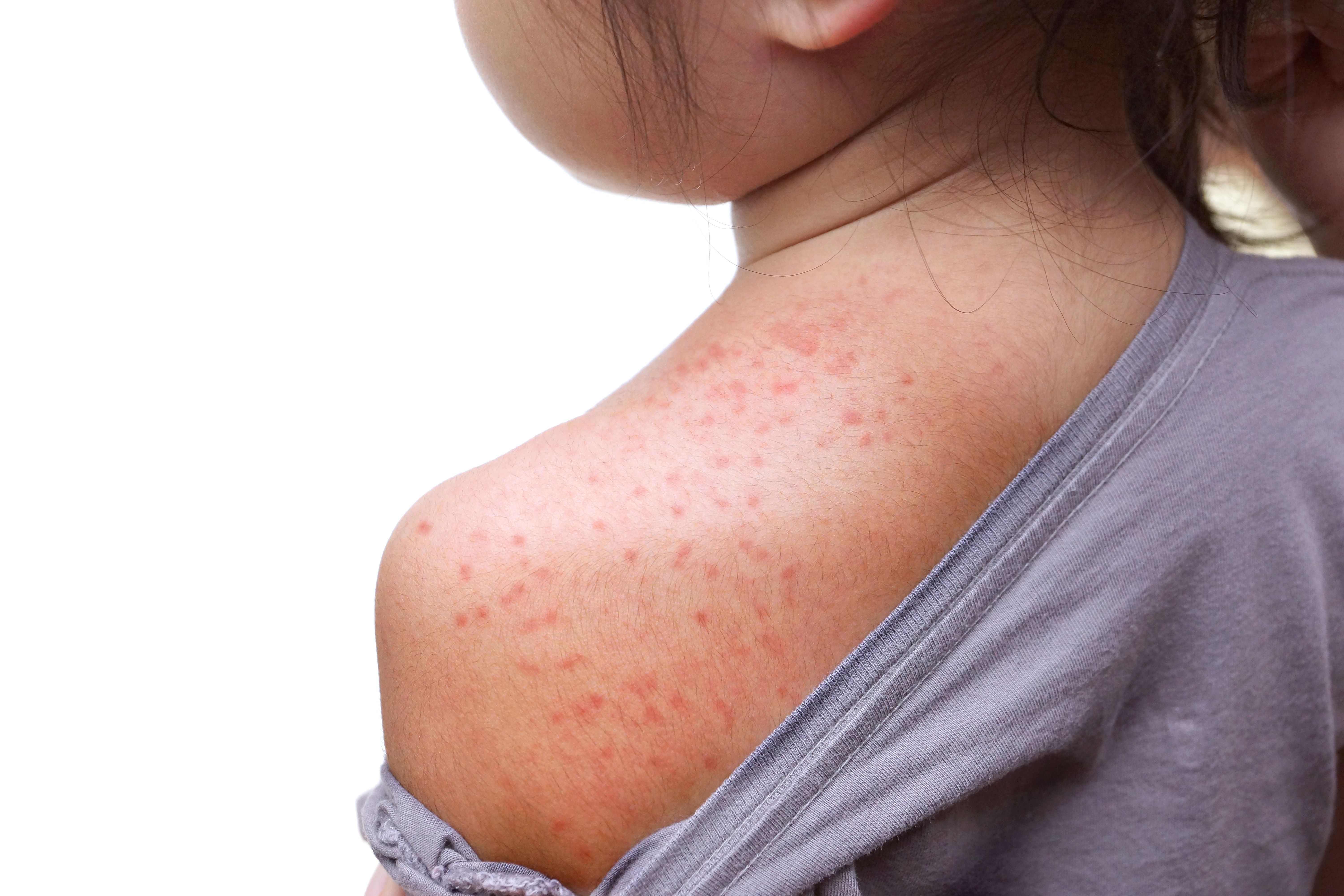News
Article
As the Measles Outbreak Continues to Spread, Texas Hospitals Report Cases of Vitamin A Toxicity
Author(s):
Key Takeaways
- The measles outbreak has increased by 360%, with 483 cases across 21 states, mainly affecting unvaccinated individuals.
- Misinformation and vaccine hesitancy are contributing to the outbreak, with vitamin A misuse causing toxicity cases.
The CDC reports 483 total cases across 20 states as of March 28, 2025.
Health experts continue to raise the alarm as the measles outbreak spreads, with almost 500 confirmed cases across 21 states—a 360% increase from the week prior. Although vaccination efforts continue, misinformation and vaccine hesitancy persist, fueling the rapid resurgence of a disease once considered eliminated in the United States. Public health officials warn that low immunization rates, increased travel, and community transmission could drive further outbreaks, while misinformation about vitamin A as a substitute for vaccination has led to cases of vitamin A toxicity and subsequent hospitalizations, particularly among children.1-2
Child with measles rash | Image Credit: © weerapat1003 - stock.adobe.com

As of March 28, 2025, the CDC reports a total of 483 cases of measles, of which the majority are in Texas, where the outbreak started. Other states that have reported cases include Alaska, California, Florida, Georgia, Kansas, Kentucky, Maryland, Michigan, Minnesota, New Jersey, New Mexico, New York City, New York State, Ohio, Pennsylvania, Rhode Island, Tennessee, Vermont, and Washington. Ninety-seven percent of all cases are in unvaccinated individuals.3
Measles is considered the most contagious virus on the planet, underscoring the critical need for continued prevention through vaccination. One infected person can pass the virus to 18 other people through exposure to nasal or throat secretions when an infected person coughs, sneezes, or breathes. These viral particles remain contagious in the air and on surfaces for up to 2 hours after they leave. Among unvaccinated individuals, 90% will contract measles from another infected person.4
The measles, mumps, and rubella (MMR) vaccine is the best method of preventing the spread of measles, but efforts to increase vaccination rates continue to face challenges due to misinformation, vaccine hesitancy, and a growing lack of trust in medicine. Health experts have raised concerns over the Department of Health and Human Services and RFK’s response to the outbreak as they focus on highlighting the use of alternative methods for treatment of measles, including use of vitamin A, over the MMR vaccine.5
Major news outlets have reported hospitalizations in Texas due to vitamin A toxicity from improper supplementation. Vitamin A does not prevent or protect against measles and is seldom used as treatment for the virus, and only under the care of a health care professional. In the United States, vitamin A deficiencies are uncommon, and unsupervised supplementation can lead to toxicities.2
Health officials have since issued travel warnings to the public, with confirmed cases in Kansas and Oklahoma that may be linked to the Texas outbreak. Additionally, the WHO is releasing epidemiological alerts and updates due to the increase in measles cases in several countries and urging the public to get fully vaccinated.6,7
As health officials continue urging the public to get vaccinated, efforts to curb the outbreak are expanding. In Pennsylvania, CVS Health has increased access to the MMR vaccine, offering it at CVS Pharmacy locations for adults and at MinuteClinics for children needing a second dose. Initiatives like these are critical in preventing further spread, especially as measles cases rise nationwide. With misinformation and vaccine hesitancy fueling the outbreak, experts emphasize that widespread immunization remains the most effective tool in stopping transmission and protecting public health.8
REFERENCES
1. Measles outbreak surges 360% with 483 cases in 21 states — most coming from Texas. New York Post. March 29, 2025. Accessed April 1, 2025. https://nypost.com/2025/03/29/us-news/measles-outbreak-hits-483-cases-in-21-states-most-in-texas/
2. Some measles patients in West Texas show signs of vitamin A toxicity, doctors say, raising concerns about misinformation. CNN. March 26, 2025. Accessed April 1, 2025. https://www.cnn.com/2025/03/26/health/texas-measles-vitamin-a-toxicity/index.html
3. Measles cases and outbreaks. CDC. March 28, 2025. Accessed April 1, 2025. https://www.cdc.gov/measles/data-research/index.html
4. Measles Information. Sullivan County Catskills. Accessed April 1, 2025. https://sullivanny.gov/Departments/Publichealth/measles#:~:text=Measles%20is%20one%20of%20the,after%20that%20person%20is%20gone.
5. Experts raise alarm over vaccine hesitancy and misinformation as the measles outbreak spreads. Pharmacy Times. March 7, 2025. Accessed April 1, 2025. https://www.pharmacytimes.com/view/experts-raise-alarm-over-vaccine-hesitancy-and-misinformation-as-the-measles-outbreak-spreads
6. Measles cases in Kansas may be linked to Texas outbreak. New York Times. March 26, 2025. Accessed April 1, 2025. https://www.nytimes.com/2025/03/26/health/measles-kansas-ohio-texas.html
7. Measles - United States of America. WHO. March 27, 2025. Accessed April 1, 2025. https://www.who.int/emergencies/disease-outbreak-news/item/2025-DON561
8. CVS offering measles vaccines to Pennsylvania residents. CBS News. April 1, 2025. Accessed April 1, 2025. https://www.cbsnews.com/pittsburgh/news/measles-vaccines-pennsylvania-cvs/
Newsletter
Stay informed on drug updates, treatment guidelines, and pharmacy practice trends—subscribe to Pharmacy Times for weekly clinical insights.





